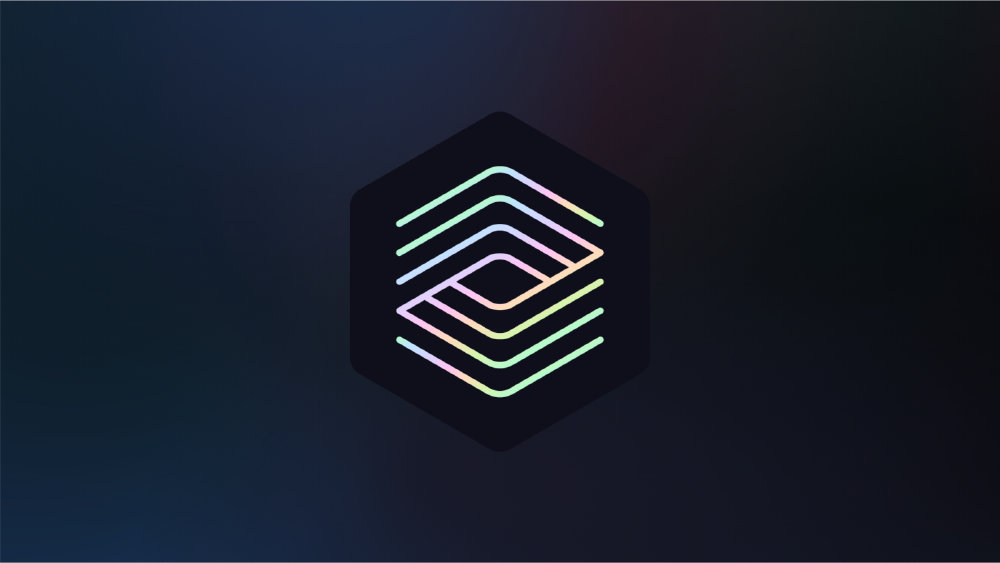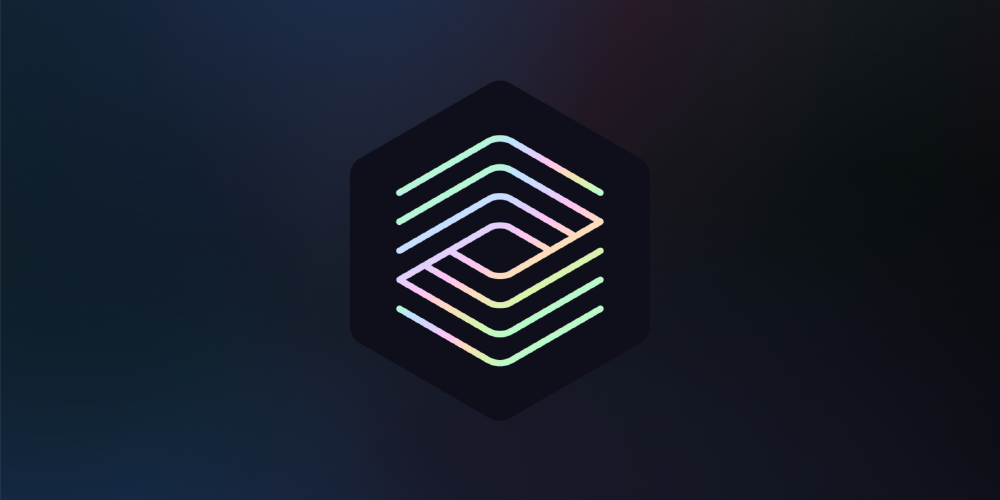
OpenAI, an AI research institute founded by Tesla and SpaceX founder Elon Musk, has released a closed beta API for Codex, an AI system that converts natural language codes.
Codex has an improved function called GitHub Copilot, which automatically complements the source code that OpenAI built and released in July 2021 in partnership with GitHub. Github co-pilot says that engineers who have actually used it are good when they sort out the pros and cons and create some functions, but some code may not be efficient.
Codex is an AI system that responds to more than a dozen programming languages, interprets simple commands in natural language, and transforms you into a user to perform them. Because it can interpret and execute commands in plain English, it can be said that it is a tool for increasing the number of programmers because it can support the programming work by programmers as well as the coding performed by amateurs for the first time.
If you input in English that the menu on the side creates a web page with a title at the top, the Codex will output the appropriate website code. Codex can be said to be an enhanced version of the GitHub co-pilot, and the code itself output can be said to be a much more sophisticated and flexible system because it can output the code from the beginning compared to the GitHub co-pilot. Since Codex is built into GPT-3, an open AI language generation model, it can analyze natural language and output codes according to user intentions.
It can also operate on entire lines of code in a development environment like Microsoft Visual Studio. And because the Codex is learning from billions of lines of common code, it works with a diverse set of frameworks and languages, allowing you to adapt your edits to suit your coding style.
According to OpenAI, the codex available through the API can provide the most functionality in Python. However, it can respond to programming languages such as JavaScript, Go, Perl, PHP, Ruby, Swift, TypeScript, and the shell, and perform programming tasks such as explanation of conversion codes while considering contextual information.
OpenAI says that the Codex allows computers to better understand human intentions, and that the Codex allows anyone to make better use of computers. However, although the Codex is capable, in a related paper published by OpenAI, the Codex can have serious limitations, such as bias and sample inefficiency. Calling variables and properties out of scope is also pointed out. Another concern is that the Codex may suggest solutions that seem ostensibly correct, but may not actually do what they intended. For example, when prompted to create an encryption key, the Codex pointed out a potential problem with the Codex, stating that a significant percentage of the codex selects apparently insecure configuration parameters and recommends compromised packages as dependencies.
In addition, it is known that obfuscated codes can be output which are attractive but not desirable in practice to generate a response that is as similar as possible to the data used for codex learning. In fact, it is reported to OpenAI that trying to output code related to some words using codex may result in racism or malicious code. Specifically, it is said that the word Islam is more often associated with words related to terrorism and violence than words related to other religions.
Considering these problems, OpenAI says that it can compensate for these problems by carefully examining the documentation of the codex, designing the user interface, reviewing the code, and controlling the content. Related information can be found here.


















Add comment